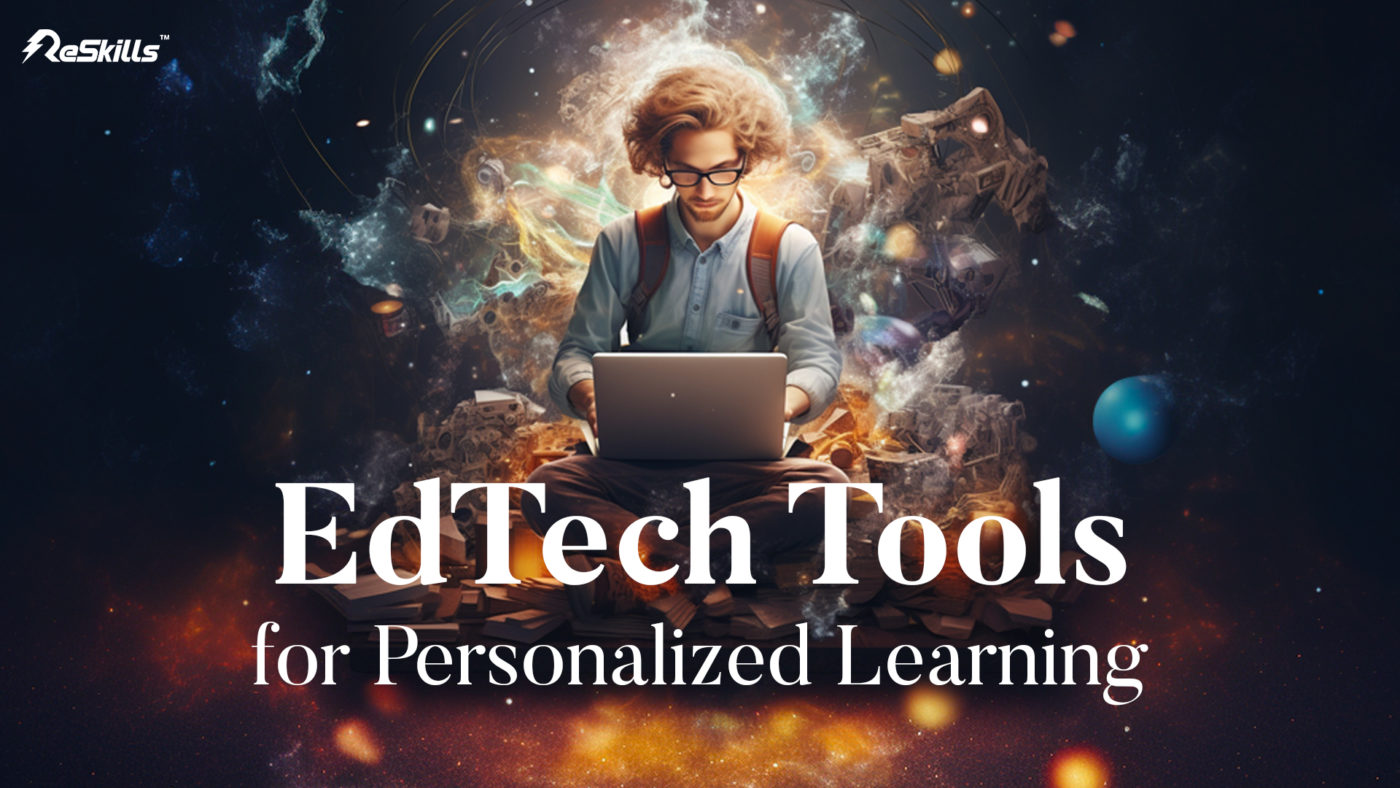In the modern world, education has taken a leap forward by integrating technology into the learning process. EdTech, short for Educational Technology, has revolutionized the way we acquire knowledge and skills. One of the most significant advancements in this field is the development of personalized learning through EdTech tools. Personalized learning caters to individual student needs, strengths, and interests, ensuring a more engaging and effective educational experience. In this blog, together with ReSkills, we will explore the fascinating world of EdTech tools and how they reshape education for the better.
- Adaptive Learning Platforms
- Learning Management System (LMS)
- Gamification for Learning
- Virtual Reality (VR) and Augmented Reality (AR)
- AI-Powered Tutoring System
- Collaborative Online Learning
Adaptive Learning Platforms
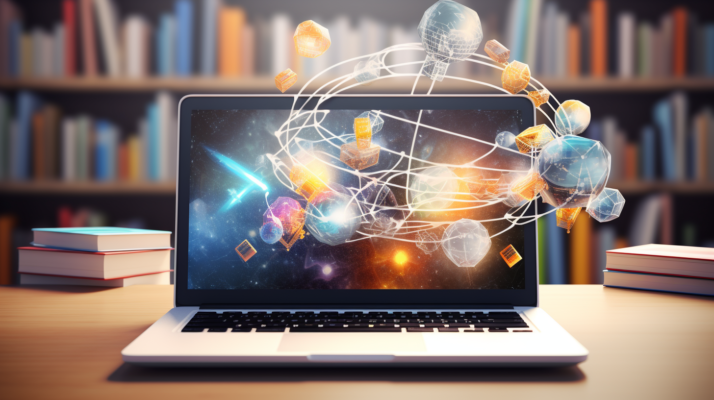
Adaptive learning platforms are like virtual tutors that adapt their content and pace according to each student’s performance and comprehension level. These tools use data-driven algorithms to analyze students’ responses and provide them with targeted exercises and challenges. The platform identifies areas where the student needs more practice and offers relevant content while recognizing when they excel and advancing them accordingly. This way, students can learn at their own pace and stay motivated as they progress.
Learning Management Systems (LMS)
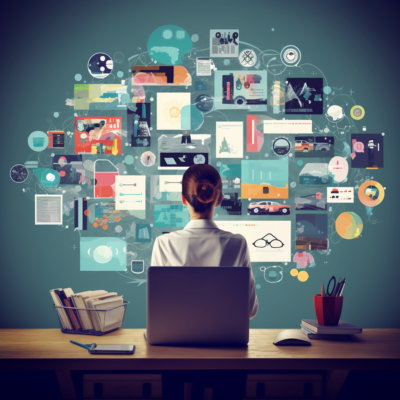
Learning Management Systems are comprehensive platforms facilitating educational content administration, delivery, and tracking. LMS allows educators to create personalized learning paths, enabling students to access resources matching their needs. With features like interactive quizzes, multimedia materials, and discussion forums, LMS engages students actively in their learning journey. Additionally, LMS offers educators valuable insights into students’ progress, helping them provide timely support and feedback.
Gamification for Learning
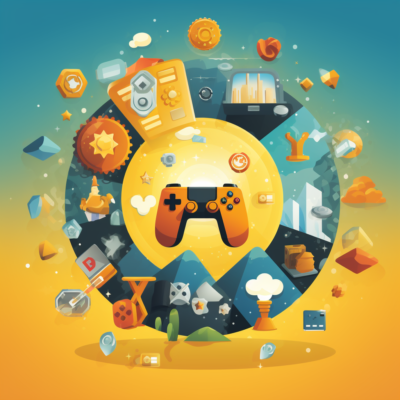
Gamification involves incorporating gaming elements into educational activities, making learning enjoyable and motivating. EdTech tools have successfully integrated gamification into various subjects, promoting active participation and healthy competition among students. Leaderboards, badges, and rewards encourage students to achieve their learning objectives, transforming mundane tasks into exciting challenges.
Virtual Reality (VR) and Augmented Reality (AR)

VR and AR technologies have brought a whole new dimension to personalized learning. With VR, students can immerse themselves in virtual environments, such as historical events or scientific simulations, enriching their understanding through a hands-on experience. AR overlays digital information in the real world, making learning interactive and engaging. For instance, AR can bring textbooks to life by showing 3D models of complex concepts, helping students grasp abstract ideas more effectively.
AI-Powered Tutoring Systems
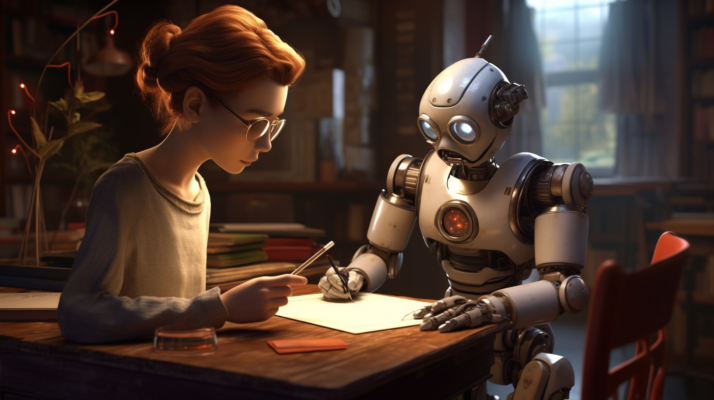
AI-powered tutoring systems act as personal tutors, capable of providing real-time assistance and feedback. These tools can answer students’ questions, analyze their mistakes, and offer customized explanations, just like a one-on-one tutoring session. AI tutors adapt to each student’s learning style, helping them bridge knowledge gaps and better understand the subject matter.
Collaborative Online Learning
Collaborative learning has long been considered an effective educational method, and EdTech tools take it to a new level. Online collaboration platforms enable students to work together on projects, discuss ideas, and share knowledge regardless of their physical location. This fosters teamwork, communication skills, and a sense of community among learners, creating a supportive and engaging learning environment.
In conclusion, EdTech tools for personalized learning have redefined education, offering students tailored learning experiences that suit their individual needs and interests. Through all the EdTech Tools above, students can explore their potential and learn in a way that resonates with them. As technology continues to evolve, so too will the opportunities for personalized learning, promising a brighter and more accessible future for education.

